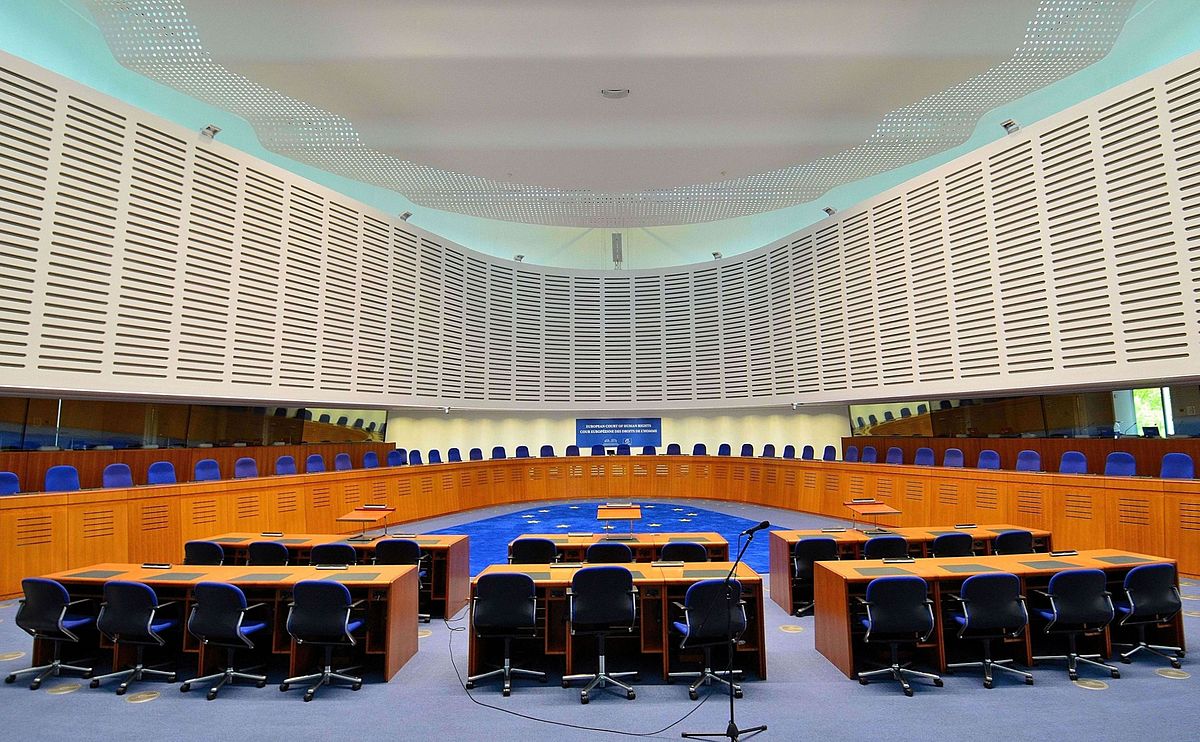Article 2 of the European Convention on Human Rights and Italy: the right to life in 2022 ECtHR case law

Table of Contents
- Nappo v. Italy
- Terrone v. Italy
- E.A. and others v. Italy
Nappo v. Italy
The case of Nappo v. Italy is one of the cases assessed by ECtHR in 2022. After 13 years of internal hearings in four instances in Italy, Ms Nappo filed an application for violation of Article 2 of the Convention. The applicant commenced civil proceedings in order to obtain compensation for the damage she considered she had suffered as a result of post-transfusion infections. Ms Nappo also filed a complaint about the excessive length of her case.
The ECtHR judged that there was a violation of Article 2 ECHR in its procedural aspect. Given its case-law on the matter, the Court found that the length of the proceedings was excessive and that the Italian authorities, presented with a credible complaint under Article 2 ECHR, failed to respond adequately and promptly, as required by the procedural obligations of that provision. ECtHR ruled that Ms Nappo shall receive compensation from the state in the amount of EUR 20,000 within three months of the ruling, as non-pecuniary damage. The state shall also cover the costs and expenses of the trial in an amount of EUR 250.
Terrone v. Italy
The Terrone v. Italy's case is very similar in nature to the Nappo v. Italy case. The complaint regarded the possibility of obtaining compensation after the applicant's death, through their heirs. Mr Terrone started the proceedings in the hope of receiving compensation for the damage he had suffered as a result of post-transfusion infections. Mr Terrone died in 2016, after more than 12 years of proceedings at the Salerne tribunal. The applicant’s heirs decided to continue the proceedings before the ECtHR in 2021. However, the Italian Government claimed that the applicant's heirs' complaint was inadmissible, as they joined the proceedings more than six months after the death of the original applicant. According to the Italian Government, there was no longer any justification for continuing to examine the application. Based on similar case-law, the Court observed that the lapse of time between the death of the applicant and the appointment of his heirs cannot by itself mean that they have no interest in pursuing this application before the Court.
The ECtHR concluded that there has been a violation of Article 2 of the Convention, in its procedural aspect. The Court stated that Italy must pay to the heirs of the applicant jointly, within three months, a sum of EUR 20,000 for non-pecuniary damage. The state is obligated to cover the costs and expenses of the trial in an amount of EUR 250.
E.A. and others v. Italy
In 2018, 55 applicants filed a joint complaint against Italy to the ECtHR on the basis of the damage they (or their deceased relatives) had suffered as a result of post-transfusion infections. The applicants claimed compensation by reference to Article 2 ECHR. As most of the applicants’ proceedings in Italy were taking more than 12 years, they decided to complain about the excessive length of the proceedings as an infringement of Article 2 ECHR . Some of the applicants died during the procedures, so some of the applications were taken over by their heirs.
The applicants have been divided into four groups. The Italian government submitted a declaration requesting part A of the application, which consisted of 35 applicants, be struck out, but the Court rejected the Government's request and decided to examine the merits. The ECtHR concluded that this part of the application is admissible and disclosed a violation of Article 2 ECHR in its procedural aspect. Part B consisted of 3 applicants, who no longer intended to continue the case (see Article 37§1(a) ECHR). This part of the application was struck out of the list of cases. With reference to part C, the Court declared the application inadmissible in respect of 16 applicants. The ECtHR found that they had been admitted to the domestic settlement procedure, therefore ECtHR stated that the application must be dismissed as manifestly ill-founded. Part D was declared inadmissible because the wife of the deceased applicant was not an heir at the time the application was lodged.
In 2022, the ECtHR concluded that in the case of E.A. and others v. Italy, the state must pay to the 35 claimants indicated at part A, compensation for violation of Article 2 of the Convention, on account of the excessive length of the proceedings initiated to obtain compensation. The claimants shall receive within 3 months from the judgement a compensation in the sum EUR 30,000 for each of the applicant or their heirs.

